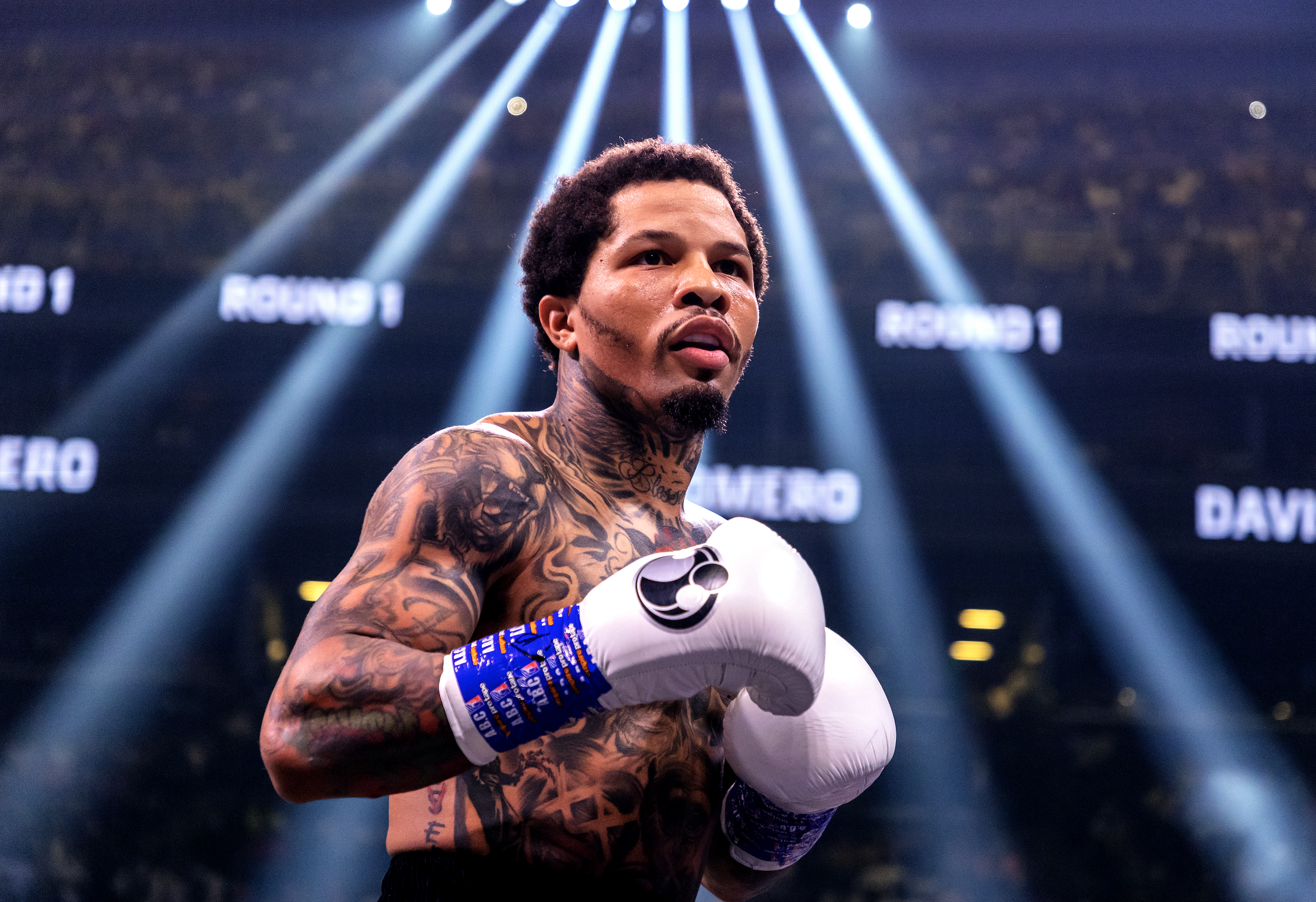Running For His Life: The Lawrence Phillips Story is the latest offering in an expansive lineup of unscripted documentaries from Showtime Sports. The film, which examines the downward cycle of violence that plagued his troubled life and the personal demons that he could never outrun, no matter how gifted he was on the football field, will premiere on Friday, Dec. 16 at 9:00 PM ET on Showtime.
The project digs underneath the surface in trying to not only examine Phillips and his explosive anger, but the forces that forged him during childhood and dogged him during his young adult life, sabotaging his promise and potential as an athlete and a man.
This doc is much more than a sports story and will leave you feeling a sense of sadness for Phillips’ life that, had you followed him during his outstanding college career and on through his disappointing years in the pros, you’re not truly prepared for.
If you care about young people, and how abuse, neglect and the American youth services system can destroy a young man before he reaches puberty and scars him for life, you need to see this film. My eyes got watery in the opening minutes, thinking about a young Phillips being beaten and urinated on by his mother’s abusive boyfriend and how his own mother neglected him, withholding the hugs, kisses, concern and love that could have made all the difference in his life.
The circumstances in his home became unbearable, to the point that by the fifth grade, he ran away, spending a considerable amount of time as a homeless street kid who’d sometimes break into cars to have a place to sleep at night. He was truant for his entire fifth grade year, made a ward of the state by age 11 and put into a children’s home that could be best described as a morally filthy institution that was the initial stop on the state’s pipeline to prison.
You can’t underestimate his young fears, and how the violence that surrounded and influenced him as a kid, along with the institutions and group homes that became his daily reality, produced such profound psychological damage, immovable feelings of rejection and a sense of helplessness, hopelessness and the urges of fight and flight that would haunt him forever.
Those seeds of anger from over a decade of abuse and neglect grew as he grew, ultimately overtaking the better parts of his personality. In the eighth grade, his standardized test scores labeled him as gifted. But his innate intellectual gifts could never counter and defeat the time bomb ticking inside of him, which was destined to explode once reaching a certain threshold.
I followed those exceptional Nebraska Cornhusker teams in the mid-’90s that captured back-to-back national championships while being quarterbacked by the incomparable Tommie Frazier. Phillips’ college highlights will remind you of his breathtaking physical gifts, along with the personal recollections of players and coaches who faced him, like former Miami Hurricane legend Ray Lewis and coaching legend Nick Saban.
Underneath Phillips’ tough exterior was a warmth that comes through in listening to his Nebraska coaches and teammates. But those admirable sides of him would always be fighting a losing battle because his heroics and fame would never allow him to outrun the dark corners of his childhood, which were latent within this growing man-child.
Football fans will recall his dominance at Nebraska and NFL failures, but the film pulls back the covers of Lawrence Phillips to answer not only how he could do the things he did while committing his barbaric acts of violence against women and others, but it delves into the more murky and ambitious waters of why.
Running For His Life goes beyond the erratic behaviors and violence to become much bigger than just Lawrence Phillips, painting a disturbing portrait of the forces that can come together in a perfect storm that creates discarded, recycled victims of abuse that are creations of horrific home lives and a state child welfare system that could care less about these kids.
In the end, no matter how smart and talented, Phillips couldn’t overcome the demons of his childhood, demons that destroyed him and hurt many that he came into contact with.
This film is important, a required view for those who care about children, and what can happen to them without love, structure and direction. People who work in the field of youth development and human services will tell you that there are many Lawrence Phillips’ out there, good kids that were dealt a bad hand who’ll never recover from the inner damage that they’ve suffered during their youth.
Breaking it down in the simplest of terms, as they say, “Hurt people hurt people.”
And unfortunately, Phillips was hurt beyond the point of no return before ever reaching puberty.
The film is tough to watch. It hurts. It will evoke a range of emotions that you weren’t fully expecting. Lawrence Phillips will always be an enigmatic mystery as we sit here and wonder what if. What if he’d been loved? What if he’d known a stable home life? What if he’d never suffered from the psychological scars that ultimately sabotaged his life?
The football portion will have you shaking your head, but the life portion will leave you in tears.



